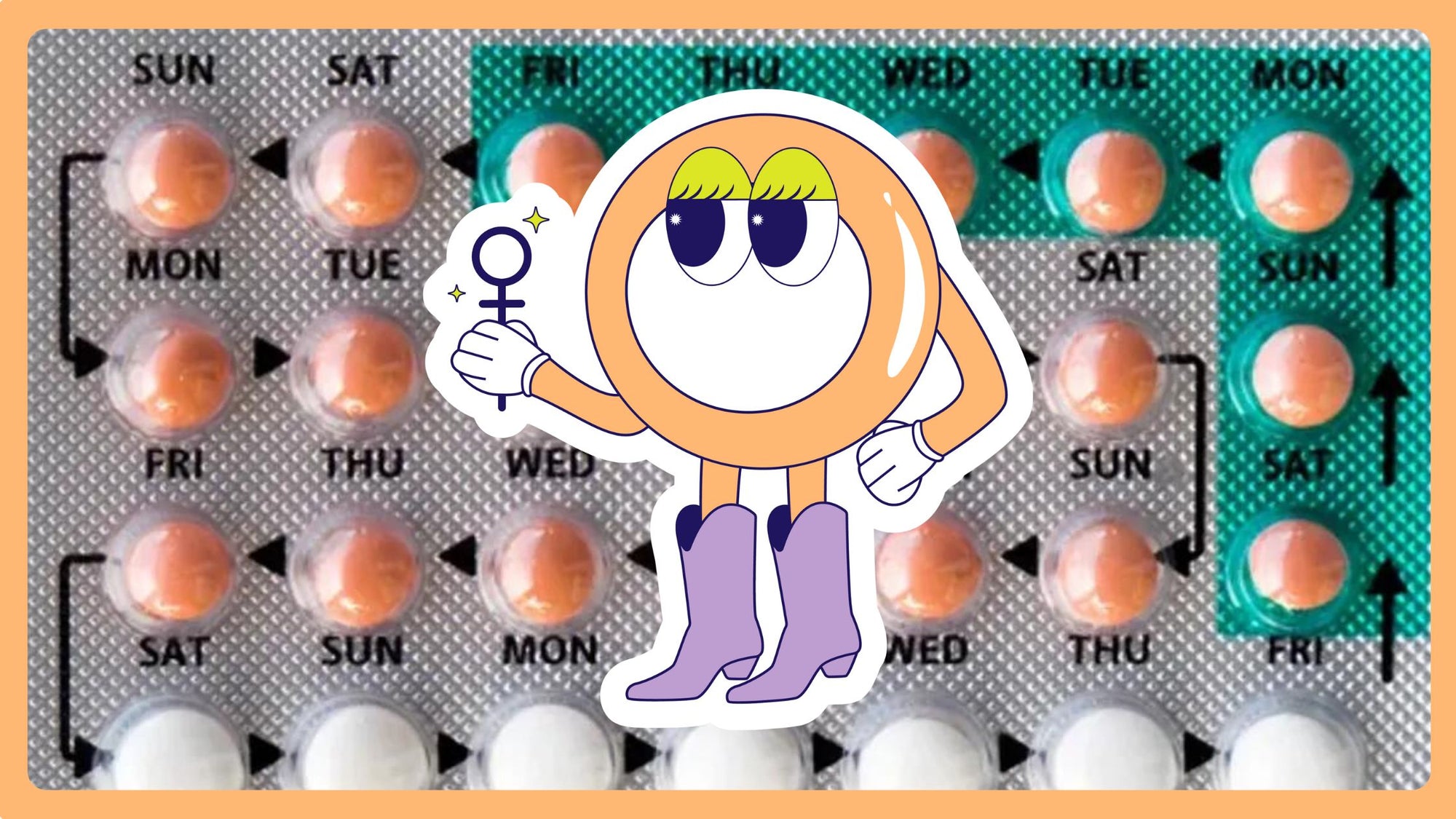Holidays are a way to enjoy yourself, let your hair down, and allow your worries to melt away (even if only temporarily). They’re also the perfect time to indulge in all of your favourite foods, especially those that are unhealthy and delicious.
Of course, there is absolutely nothing wrong with indulging in traditionally unhealthy foods when you’re away on a much-deserved holiday. However, don’t be surprised if you end up feeling bloated and gassy!
Holiday bloat is a real thing, and it affects most people at one point or another. You might hear some people referring to it as travel bloat or name it something more specific to the mode of travel, such as plane bloat or car bloat.
Regardless of what you like to call it, holiday-related bloating can be a pain. Thankfully, there are things you can do to tackle it, and we are going to cover the most effective ways to get rid of travel bloat and helpful lifestyle changes to keep your digestive system happy in this article.
But first, let’s take a look at the common causes of holiday bloat.
Why Do I Bloat on Holiday?
If you’re wondering why you’re prone to bloating when on holiday, there are several reasons why this might be the case. We will cover the causes of holiday bloat further down in this article, but let’s run through a quick list of potential reasons why bloating worsens when you’re travelling or away from home:
- A change in diet, particularly if this change involves eating more salt and fat, and less potassium and fibre
- Consuming a lot of carbonated drinks
- Sitting down more than usual or performing very little physical movement throughout the day
- Not drinking enough water
- Stress or anxiety
- Pre-existing medical conditions
- Taking certain medications
What Are the Causes of Holiday Bloating?
Most people find that their bloating worsens when they’re travelling or on holiday, and there are many reasons why this happens. Here is a closer look at why holiday bloat and travel bloat can come about when you’re away from home.
Dietary changes
Most people don’t eat the same foods day in and day out, and the digestive system is well adapted to cope with variety. However, if your diet changes drastically all of a sudden, your digestive system might need time to catch up with these changes.
Eating more than usual, which is commonly done on holiday, can cause bloating. When there’s more food in your stomach, it takes longer for your body to digest and absorb it all, leading to temporary bloating.
Choosing fatty and salty foods, which tends to be the indulgent foods that we choose when we’re on holiday, is another common cause of holiday bloat. Saturated fat takes a while to break down in the body and salt causes the body to retain more water, leading to puffiness.
Indulgent foods are often low in fibre, too, which further contributes to holiday bloat. Fibre is necessary for healthy digestion and regular bowel movements. A lack of fibre can, therefore, cause constipation and bloating, and consuming the right amount fibre can relieve constipation naturally.
A lack of physical activity
Being on holiday often involves lying down on the beach and enjoying the sun or relaxing in a luxury villa. There’s nothing wrong with relaxing but being sedentary can increase the risk of bloating.
Physical activity stimulates the bowels and gets things moving down below. Being physically inactive can slow digestion down and cause bloating.
Dehydration
When you’re travelling, it’s easy to forget to drink water, which can cause constipation, which, in turn, causes bloating. The digestive tract needs plenty of hydration to keep the stool soft and easy to pass.
You might choose alcohol or iced coffee over plain water, and both alcoholic and caffeinated drinks can dehydrate you. Alcohol and caffeine are diuretics, causing your body to excrete more water and increasing the risk of dehydration.
Stress and worry
Psychological stress, anxiety, and worry can increase cortisol and divert blood away from the digestive tract. This slows digestion down and increases gas, bloating, and constipation.
Although holidays are meant to be relaxing, we’ve all experienced the stress of travelling. Making sure you’re at the airport on time, the risk of forgetting your passport, and the general stress of travelling for several hours can contribute to poor digestion.
Digestive health disorders
Medical conditions affecting the digestive tract, such as irritable bowel syndrome (IBS), inflammatory bowel disease (IBD), gastroesophageal reflux disease (GORD), and small intestinal bacterial overgrowth (SIBO), can contribute to travel bloat.
Digestive disorders contribute to inflammation in the small and large intestines, which can contribute to a range of nasty symptoms. Common symptoms include bloating, indigestion, acid reflux, burping, farting, cramping, abdominal pain, and changes in bowel habits.
If you have a digestive health condition, you likely experience bowel-related issues quite often, whether you're at home or on holiday.
What Foods Should I Avoid on Holiday?
In order to reduce bloating quickly when you’re on holiday, it’s best to stay away from certain foods that are known to cause digestive issues. As much as holidays are for indulging in all of your favourite foods, even if they’re unhealthy, doing so isn’t always the best idea.
Below is a list of foods that are best avoided if you want to keep travel bloat to a minimum.
Spicy foods
Even if you’re a fan of spice, you might want to avoid consuming too many spicy foods whilst you’re on holiday. Spicy foods can cause heartburn, bloating, and diarrhoea in many people (especially those with pre-existing digestive disorders, making your travel experience less enjoyable.
Street food
The street food in many places will be absolutely fine. However, there is always a risk of street food being undercooked or contaminated, leading to food poisoning or parasites.
Aim to avoid street food whenever possible and eat at cafes and restaurants instead, as licensed food establishments will be under strict food regulation laws. Staying away from street food will prevent you from consuming bacteria or parasites that could cause serious digestive problems (or impact your overall health).
Dairy products
If you have a lactose intolerance or sensitivity, you should ideally eliminate dairy products from your diet completely to avoid bloating, indigestion, and gas. But even if your digestive system can handle dairy products quite easily, they might make you bloated and gassy if you eat too many of them.
Some countries enjoy unpasteurised dairy products, meaning they haven’t been geared to destroy potentially harmful bacteria, such as E. coli, Salmonella, and Listeria. Accidentally ingesting bacteria and viruses like these could cause nausea, vomiting, diarrhoea, and dehydration.
Salty foods
Ingesting salt causes more water to remain in the lumen (inside) of the intestines, increasing abdominal bloating and discomfort. It also causes the kidneys to reabsorb more water in the collecting ducts, contributing to whole-body puffiness.
High-salt foods are everywhere when you’re on holiday, so it’s hard to avoid them. However, if possible, when you’re enjoying a much-deserved holiday, try and limit your intake of salty foods like takeaways, ready meals, processed meats, canned soups, and salty snacks like pretzels.
Beans and Legumes
Lentils, chickpeas, and almost every kind of bean are well-known for their high fibre content. Whilst fibre can be great for digestive health because it fuels the probiotic bacteria in the gut, it can also cause excess gas production. Beans and legumes also contain certain sugars that get fermented by the gut bacteria and further increase gas and bloating.
Cruciferous veggies
Broccoli, cauliflower, Brussels sprouts, cabbage, and kale are cruciferous vegetables. Whilst they are packed full of micronutrients and are undoubtedly good for you, they are high in prebiotic fibres that get fermented and cause gas production.
If you want to pack your plate with veggies when you’re away on holiday, go for vegetables that aren’t cruciferous, such as peppers, carrots, peas, tomatoes, lettuce, and cucumbers, to avoid holiday bloat.
Artificial sweeteners
Artificial sweeteners, such as aspartame, sucralose, sorbitol, and xylitol, are known to cause digestive issues. Annoyingly, a lot of the foods that people love to indulge in when abroad are packed full of artificial sweeteners, flavours, and preservatives.
Foods like cakes, cookies, biscuits, chocolate bars, and sweets are, admittedly, hard to resist, but they are also full of artificial sweeteners (and many are also packed full of sugar, which is just as detrimental to your health). Staying clear of these sweet treats and sugary, indulgent foods will help to keep digestive symptoms at bay. If you’re craving something sweet, choose a piece of fruit or snacks that contain naturally sweet ingredients, such as date and nut bars.
Alcohol, soda, and other carbonated drinks
Technically, this tip involves avoiding drinks, instead of foods, but we felt it an important section to include in this article because drinks can be just as nasty on your digestive system as foods!
Alcohol and carbonated drinks like sodas and sparkling water cause gas to build up in your digestive tract, leading to burping, flatulence, bloating, and acid reflux. Try to avoid these types of drinks when you’re on holiday in order to minimise discomfort and choose non-gas-producing alternatives, such as hot tea or coffee, iced tea or coffee, plain water, and fruit juice.
How to Relieve Holiday Bloating
So, we have covered the most important foods to avoid when you’re on holiday to stay bloat-free. Here are some additional tips for relieving holiday, travel, and plane bloat:
- Drink plenty of water, especially if you’ve travelled somewhere hot and humid
- Stay physically active, with at least 30 minutes of moderately intense exercise a day
- Drink herbal teas to help keep things moving down below
- Pack A Dose For Bloating (a probiotic and digestive enzyme supplement) in your travel bag and take one or two capsules a day whilst you’re away
- Try to relax mentally as much as you can to avoid unnecessary stress and anxiety
- Spread your meals evenly throughout the day instead of consuming fewer, larger meals that could be harder for your body to digest all at once
More on Our A Dose For Bloating Supplement
A Dose For Bloating is our well-loved supplement at Wild Dose that can beat bloating quickly and provide rapid gas relief. It's packed full of probiotic bacteria (two billion, to be precise!), seven digestive enzymes, and seven plant extracts.
Probiotic bacteria are beneficial bacteria that can relieve bloating, gas, and abdominal discomfort by supporting digestion, metabolism, and nutrient production. Digestive enzymes are essential for breaking down ingested food particles into smaller ones that are easier to absorb from the intestines into the bloodstream.
The seven beneficial plant extracts in A Dose For Bloating include ginger extract, liquorice extract, fennel seed extract, turmeric extract, peppermint leaf extract, and black pepper extract, all of which are known to boost digestive health in one way or another.
Eight out of ten customers say they are relieved of their dreaded bloating after just a few weeks of taking A Dose For Bloating each day. It's a gut-friendly supplement that is suitable for individuals with IBS. Pack some capsules in your travel bag, ready to grab when you’re feeling puffy and bloated. We recommend taking one or two capsules before or after a meal (or whenever you need quick gas relief) and give your digestion the boost it needs when you’re on holiday.









